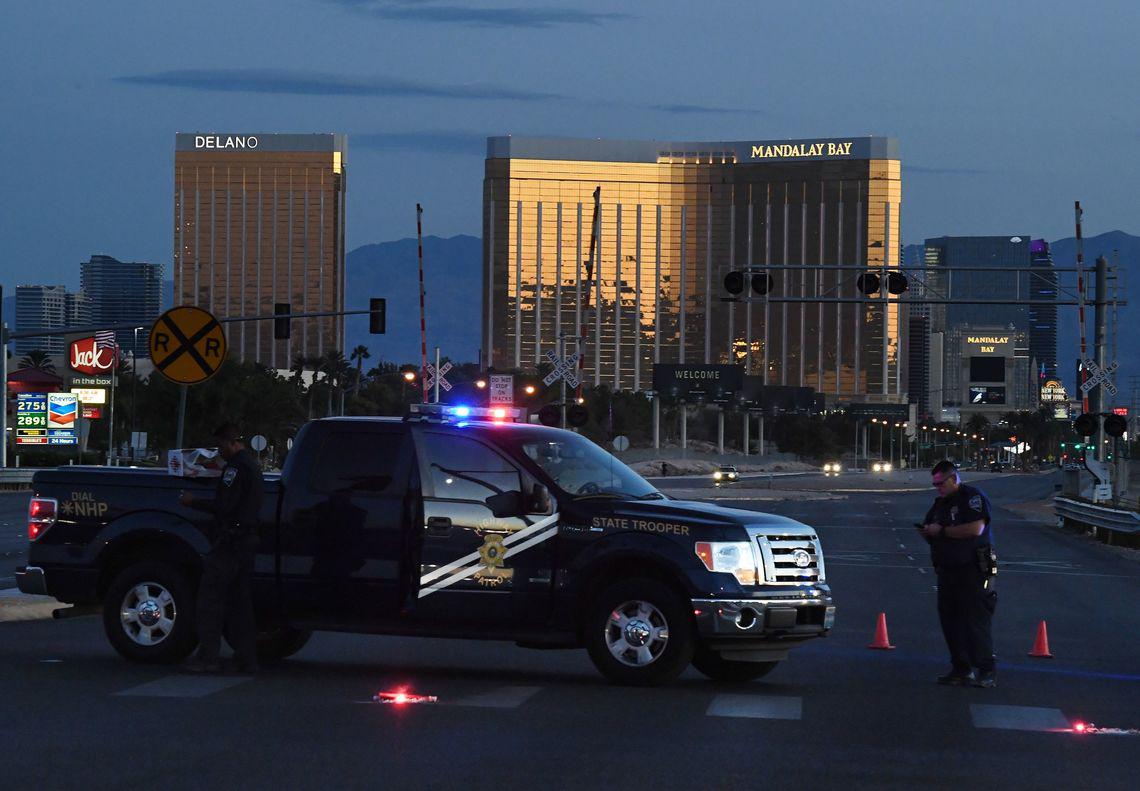Facebook, Google Spread Misinformation About Las Vegas Shooting. What Went Wrong?
The platforms promoted the name of a man falsely accused of being the shooter by surfacing less-credible sites. The companies say they're working on fixes, but analysts say the challenge is massive.
by Laura Sydell
Oct 03, 2017
3 minutes

In the hours just after the massacre in Las Vegas, some fake news starting showing up on Google and Facebook. A man was falsely accused of being the shooter. His name bubbled up on Facebook emergency sites and when you searched his name on Google, links of sites connecting him with the shooting topped the first page.
It appears to be another case of automation working so fast that humans can't
You’re reading a preview, subscribe to read more.
Start your free 30 days